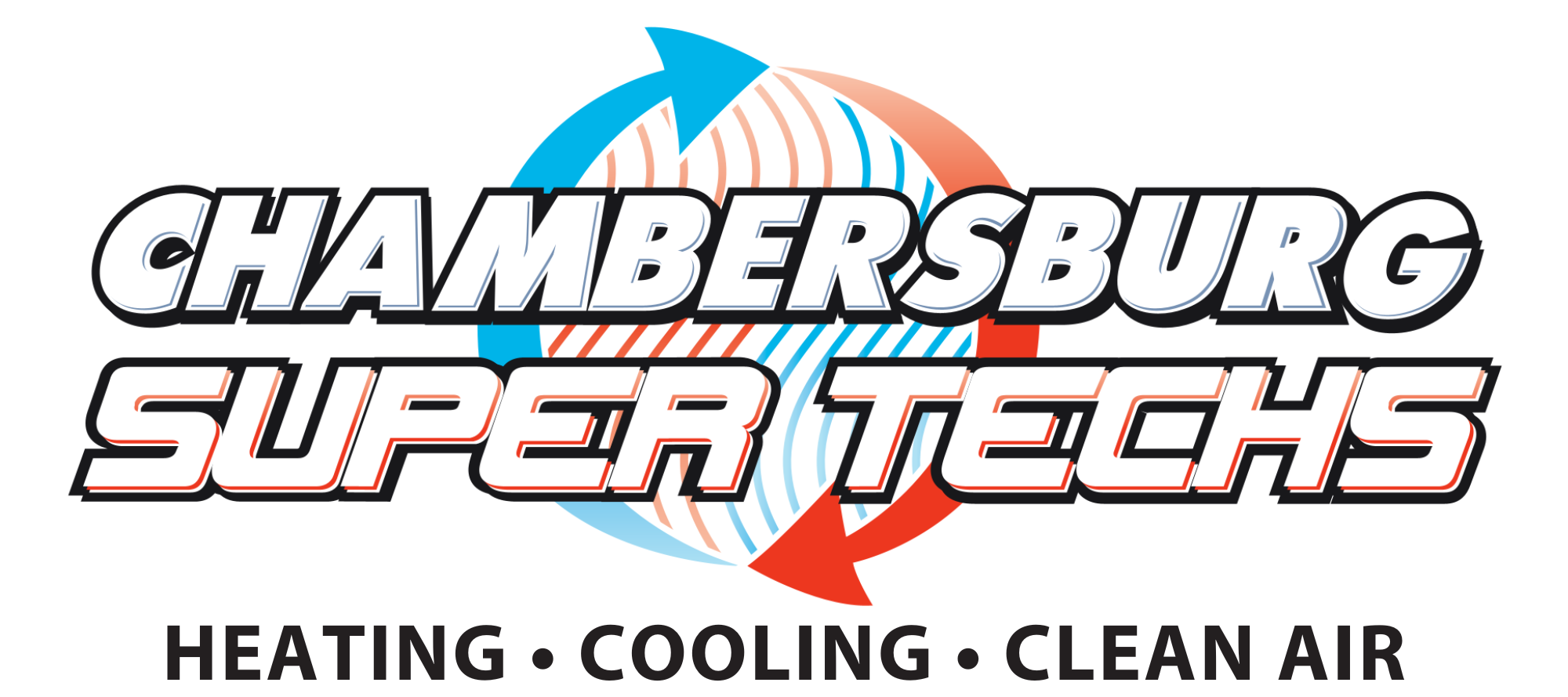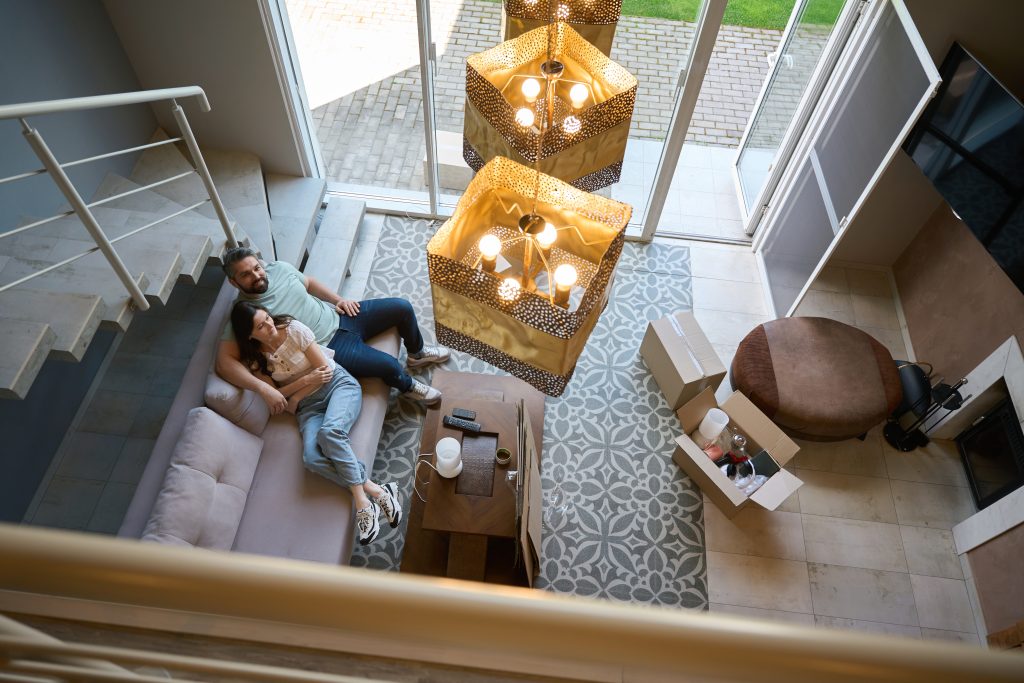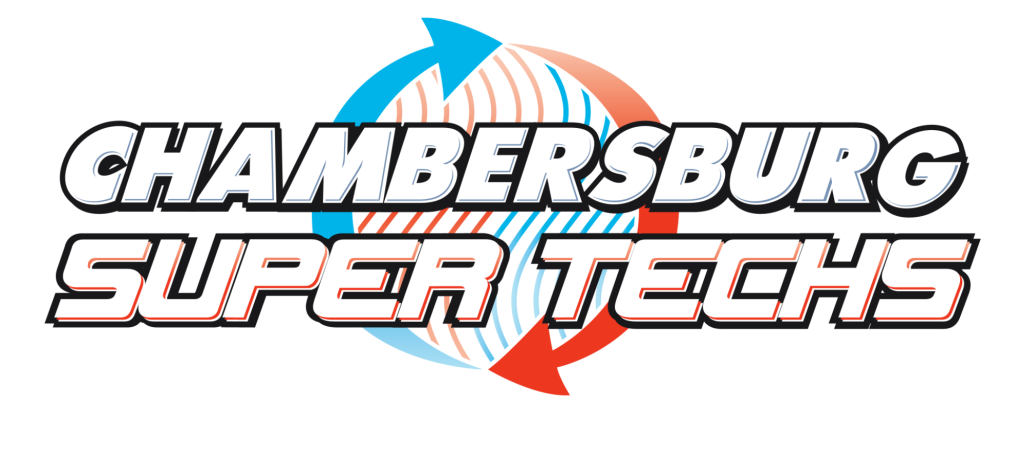Imagine this: your air conditioner is blasting, the thermostat says the temperature is comfortable, yet the air inside your home still feels sticky. Your skin clings to your clothes, the air feels heavy, and even with the AC on, your house just doesn’t feel right. If you’ve asked yourself, “Why does my house feel humid even with the AC running?” you’re not alone.
Humidity problems are common, especially during the hot Pennsylvania summers when moisture levels soar. But here’s the truth—your AC isn’t just supposed to cool your air, it’s also designed to help remove humidity. If your home still feels humid, something is interfering with that process.
In this guide, we’ll break down what humidity is, why it matters, the most common reasons your AC isn’t keeping moisture under control, and practical solutions you can try.
What Is Indoor Humidity and Why Does It Matter?
Humidity is simply the amount of moisture in the air. Indoors, we measure it as relative humidity, which is the percentage of water vapor compared to the maximum amount the air can hold at a certain temperature.
For comfort and health, indoor humidity should stay between 30–50%. If it rises above that, the air feels muggy and uncomfortable. High humidity can:
- Make the air feel warmer than it really is
- Lead to musty smells and mold growth
- Encourage dust mites and allergens
- Cause wood furniture and flooring to warp
- Disrupt sleep and make it harder for your body to cool down
Clearly, excess humidity isn’t just an annoyance—it’s a problem for your comfort, health, and home.
How AC Systems Normally Control Humidity
Most people think their AC only cools the air, but part of its job is actually dehumidification. Here’s how it works:
- Warm, humid indoor air passes over the evaporator coils.
The cold coils cool the air, and as they do, moisture condenses (just like a cold glass of water on a hot day). - The moisture drains away.
That water should leave your system through a drain line. - Cool, drier air is circulated back into your home.
When everything is working properly, this process reduces humidity as well as temperature. But if your house still feels humid, it means something is throwing this cycle off.
Common Reasons Your House Feels Humid with AC Running
Here are the most likely culprits—and how to spot them.
1. Oversized AC Unit
If your AC is too big for your home, it cools the air very quickly and shuts off before running long enough to remove humidity. This is called “short cycling.”
- Signs: Uneven cooling, frequent on-off cycles, house cool but still humid.
- Solution: The only real fix is replacing it with a properly sized system.
2. Dirty or Clogged Air Filters
When filters are clogged, airflow is restricted. Without proper airflow, your AC can’t circulate enough air over the evaporator coils to remove moisture.
- Signs: Weak airflow, dusty vents, visible dirt on filters.
- Solution: Replace filters every 1–3 months.
3. Leaky Ductwork
If ductwork has holes or gaps, it can pull humid air from attics, crawlspaces, or basements into your home.
- Signs: Rooms feel damp, uneven temperatures, rising energy bills.
- Solution: Professional duct sealing and inspection.
4. Low Refrigerant Levels
Refrigerant is essential for cooling. Without enough, the system can’t lower temperatures or pull out humidity.
- Signs: AC blowing warm air, ice on coils, hissing sounds.
- Solution: Requires a licensed HVAC technician to repair and recharge.
5. AC Fan Set to “On” Instead of “Auto”
When the fan is set to “on,” it runs constantly—even when the AC isn’t actively cooling. This can blow moisture from the coils back into the house.
- Fix: Set your thermostat fan setting to “auto.”
6. Poor Ventilation or Airflow Issues
Closed vents, blocked returns, or furniture against vents can all prevent proper air circulation, leaving pockets of humid air in your home.
- Fix: Keep vents open and clear.
7. High Outdoor Humidity
On very humid days, even the best AC may struggle to keep up—especially if windows and doors are drafty.
- Fix: Seal leaks, weatherstrip doors/windows, and consider supplemental dehumidification.
8. Lack of Regular Maintenance
Dirty coils, blocked drains, and worn parts all reduce your system’s ability to control humidity.
- Fix: Schedule annual tune-ups to keep your system in top shape.
Quick Fixes Homeowners Can Try
If your house feels humid, start with these easy steps:
- Replace dirty air filters
- Switch fan setting to auto
- Keep vents and returns open/unblocked
- Use exhaust fans in kitchens and bathrooms
- Run ceiling fans for better circulation
- Keep doors and windows closed during humid days
- Use a hygrometer to monitor humidity levels
Sometimes small changes like these are enough to make your home more comfortable.
Long-Term Solutions for Humidity Problems
If the quick fixes don’t work, it may be time for bigger changes:
- Regular HVAC maintenance – Keeps coils, drains, and airflow working properly.
- Duct sealing – Prevents humid air from leaking into the system.
- Whole-home dehumidifier – Works with your AC to handle excess humidity.
- System replacement – If your AC is oversized, outdated, or inefficient.
- High-efficiency upgrades – Newer systems are designed with better humidity control.
When to Call an HVAC Professional
Some problems require expert attention. Call a professional if:
- Humidity stays high even after changing filters and adjusting settings
- You suspect low refrigerant
- Your AC is short cycling frequently
- You notice mold, musty smells, or persistent dampness
For Chambersburg homeowners, that’s where Chambersburg Super Techs comes in. Our team can diagnose the problem and recommend the right solution to keep your home cool and comfortable—without the sticky air.
Take Control of Humidity and Comfort in Your Home
If your house feels humid even with the AC running, it’s more than just a comfort issue. High humidity can damage your home, increase energy bills, and affect your health.
The good news? Many causes—like clogged filters, thermostat settings, or blocked vents—are simple fixes. Others, like oversized AC units or refrigerant problems, require professional help.
Don’t ignore the signs. If your home still feels humid after trying the quick fixes, schedule an inspection with Chambersburg Super Techs. We’ll help you get to the root of the problem and restore your home to cool, dry comfort.




